Keywords: Poet
There are more than 200 results, only the first 200 are displayed here.
-
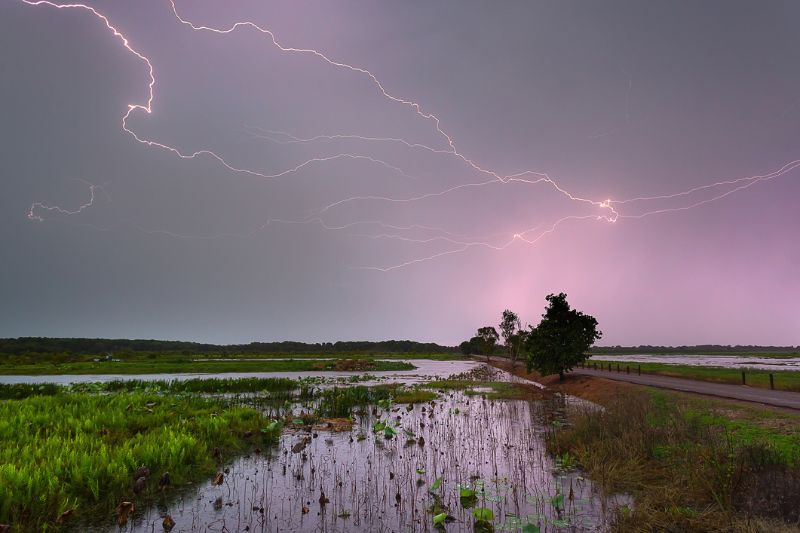
ARTS AND CULTURE
- Tony London
- 18 October 2022
Change of season is upon us, / hot unseasonal days have drained us, / human sponges squeezed by the hands / of humidity, but the nights are becomingcool, a relief for bodies and minds in need / of withdrawal and replenishment of deep sleep, but in all of this there is some wakefulness, and there are some choristers returned, in these dogwatch hours.
READ MORE 
-
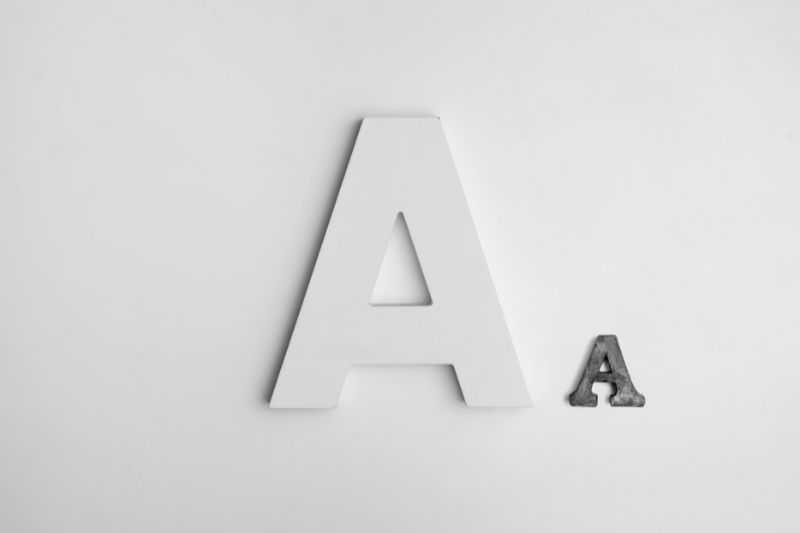
ARTS AND CULTURE
We Helveticas are everywhere / down subways across shopping centres / hey heyyying on dating apps / s(t)olid pillars / tempting you into our cult / be like us we can give you / unencumbered lines / soft smooth curves / respectability & ineffability
READ MORE 
-

ARTS AND CULTURE
- Andrew Hamilton
- 03 October 2022
In the last few weeks, we have been drowned, smothered or mired in words that have striven for solemnity. Such occasions as the death of Queen Elizabeth II and the various Grand Finals are held to transcend the everyday and so to demand elegiac or epic words. It is easy to laugh at the manifest failures to reach those heights, whether by Poets Laureate who should have known better, or by excitable journalists. There is, however, something endearingly human in the attempt.
READ MORE 
-

ARTS AND CULTURE
- Ann Rennie
- 28 September 2022
1 Comment
We celebrate wordsmiths, minor and major, whose gift it is to write the world for us / To create the nourishing broth, the alphabet soup, of words to work their magic / Words that exhort and advocate / That calm and soothe / Words on which to float away / Words for strength on another day.
READ MORE 
-

ARTS AND CULTURE
- Gillian Bouras
- 02 September 2022
1 Comment
Australian cultural icon and erstwhile publisher Hilary McPhee calls Telltale ‘a rare thing, an ingenious memoir,’ and she is right. It is interesting and reassuring to note that books about reading and recollections of reading habits seem to be proliferating. Perhaps such writing is a defence measure against worrying developments like universities in England, for example, axing their English Literature courses.
READ MORE 
-

INTERNATIONAL
- Antonio Castillo
- 01 September 2022
2 Comments
In Nicaragua, Catholic priests and institutions are under siege. In the last five months, the Ortega regime has increased its persecution of the Church, accusing them of being ‘terrorists.’ The conflict has been further exacerbated by the detention of Bishop Rolando Álvarez, the most outspoken critic of Ortega. In less than four years, the Church has suffered 190 attacks, including a fire in the Cathedral of Managua. However, the crisis in Nicaragua is not as clear-cut as it might seem.
READ MORE 
-
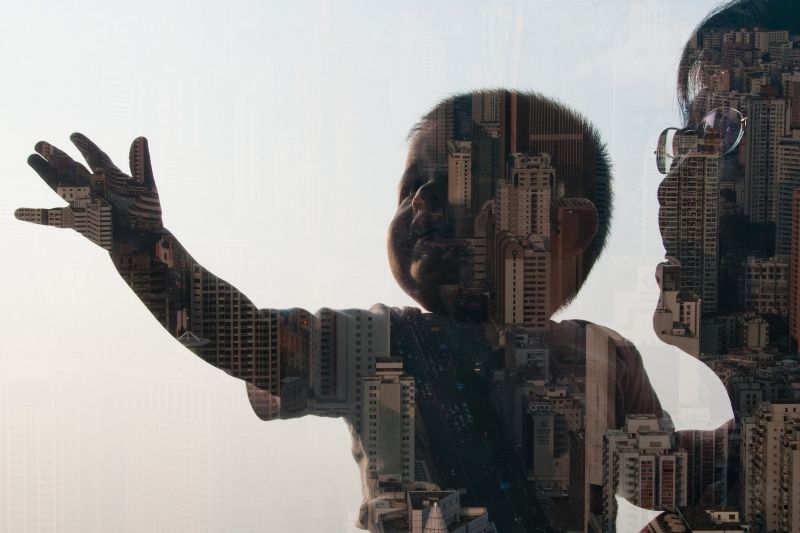
ARTS AND CULTURE
- William Liu
- 30 August 2022
2 Comments
I was reading / When you left. The news came / Thirteen hours late. So where were you / In that little space of time? Were you breathing softly / In my consciousness? / Should I keep you alive / In morning walks and birdsong, / The smell of braised pork, / And my every achievement?
READ MORE 
-
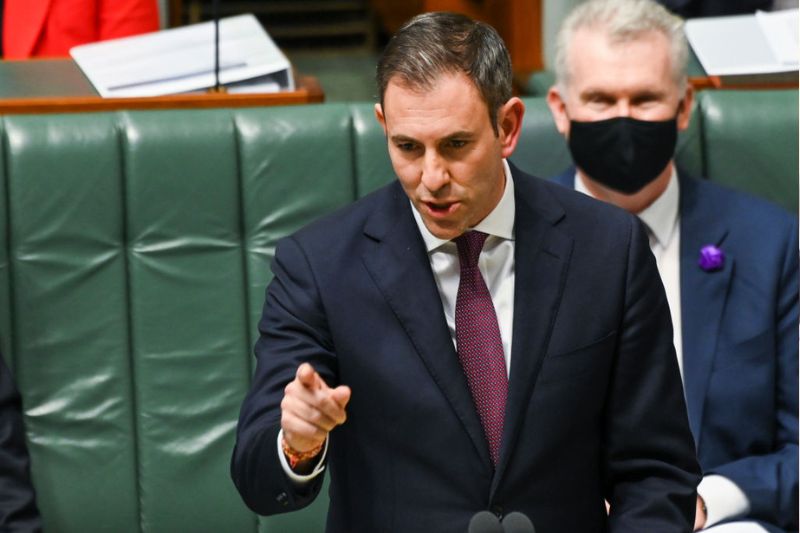
AUSTRALIA
- John Falzon
- 29 August 2022
2 Comments
While the Jobs Summit does not signal the end of neoliberalism, it does signal a political willingness by the Albanese government to begin an inclusive, deliberative process for healing some of the wounds that have been inflicted on ordinary people through the accumulation of superprofits on the one hand and cuts to real wages and the dismantling of social infrastructure on the other.
READ MORE 
-
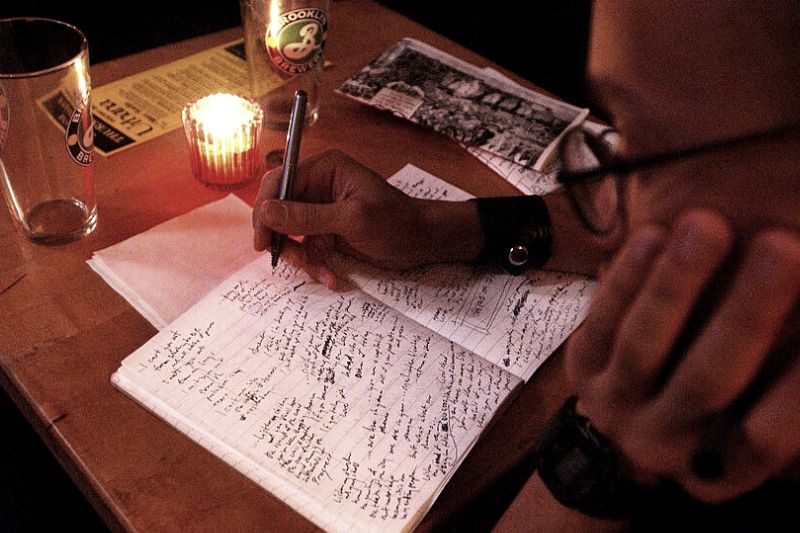
ARTS AND CULTURE
- Andrew Hamilton
- 25 August 2022
11 Comments
In most circles poetry doesn’t matter. It doesn’t put bread on the table, nor raise people to revolt nor even make news unless a grizzled footballer is outed for secretly writing poems. Even in churches poems and hymns are altered to improve their orthodoxy in matters of faith, gender, race or modernity, but rarely their poetic quality.
READ MORE 
-

ARTS AND CULTURE
- Michael McGirr
- 25 August 2022
4 Comments
Salman Rushdie is a writer with a most defiant sense of humour. If you want to get to know him, I wouldn’t start with The Satanic Verses (1988), the book that has brought him so much grief. Thirty three years after Ayatollah Khomeni imposed a fatwa on the author, it would seem to have led, on August 12, to a young man called Hadi Matar making an attempt on Rushdie’s life at a public event in New York.
READ MORE 
-

ARTS AND CULTURE
- Barry Gittins
- 15 August 2022
1 Comment
Allies atomique axis / bayonet blood bullet / catatonic courage cowards / digger deficit demobbed / edged embedded enemies.
READ MORE 
-
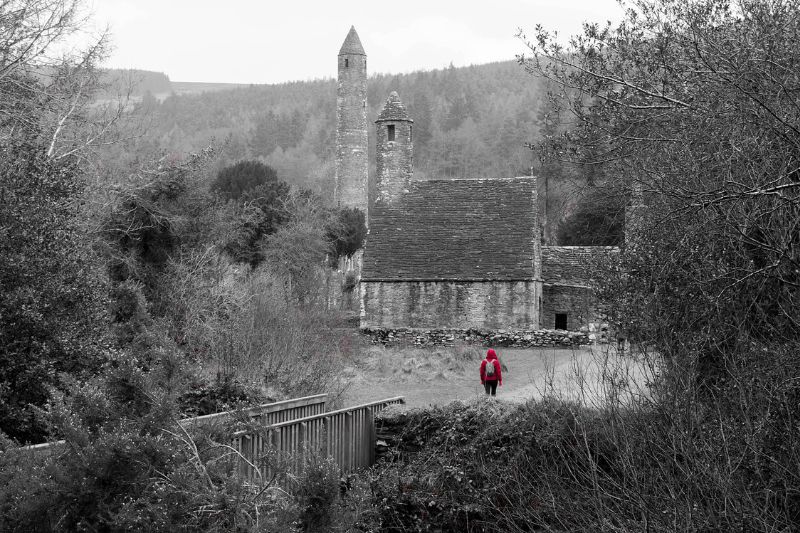
ARTS AND CULTURE
- John Kelly
- 10 August 2022
1 Comment
Walk with me a while now / as an up-and-ready sun bids / the blinking world: “Good day!” / in this hallowed place / where two lakes meet, / and Kevin prayed / and studied in his cave; / and where water, wind and light / conspire to cast a faery gossamer / on tree and grass and stream.
READ MORE 